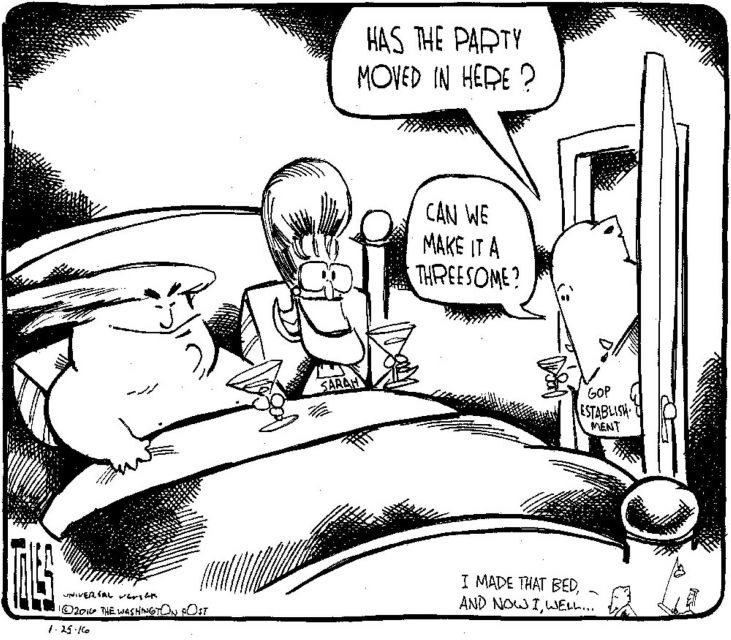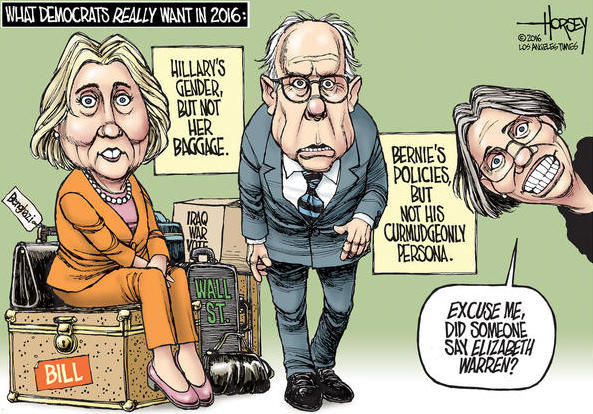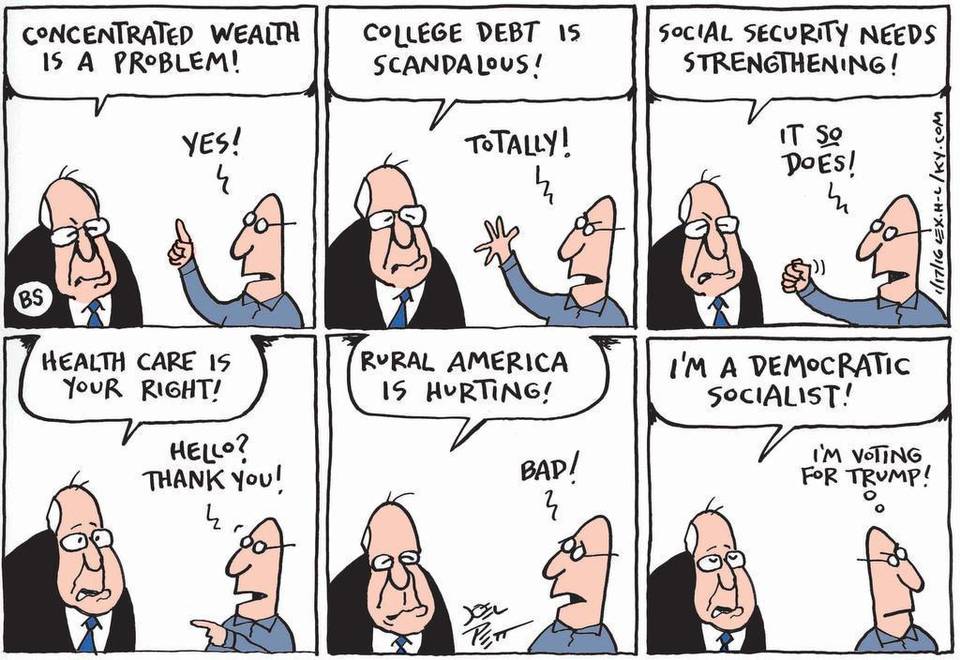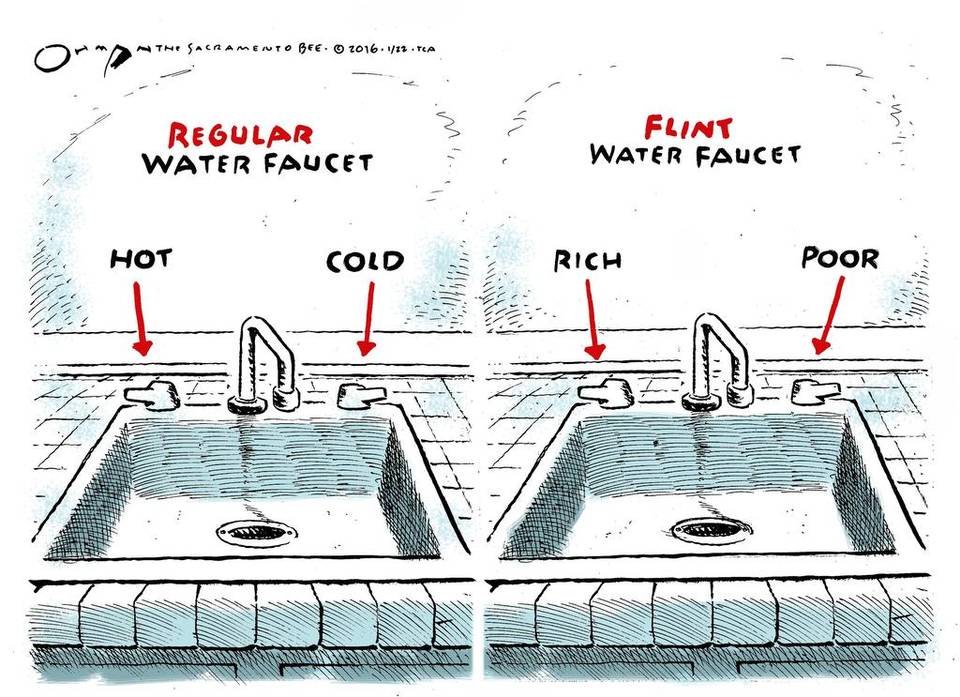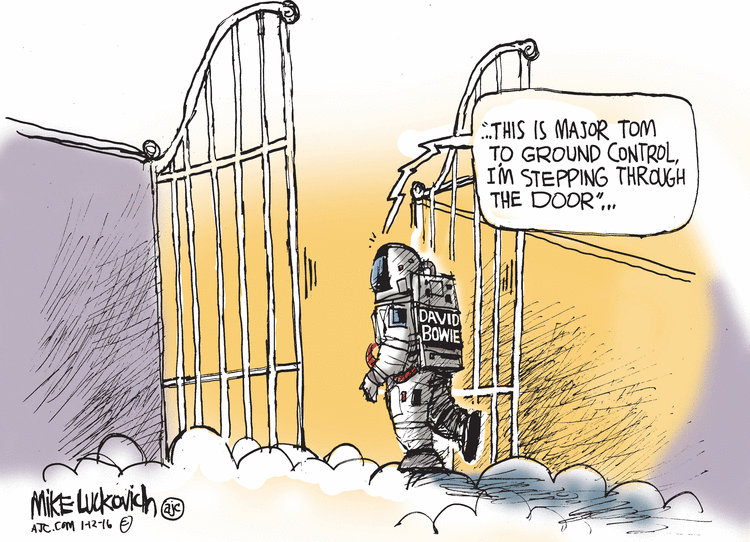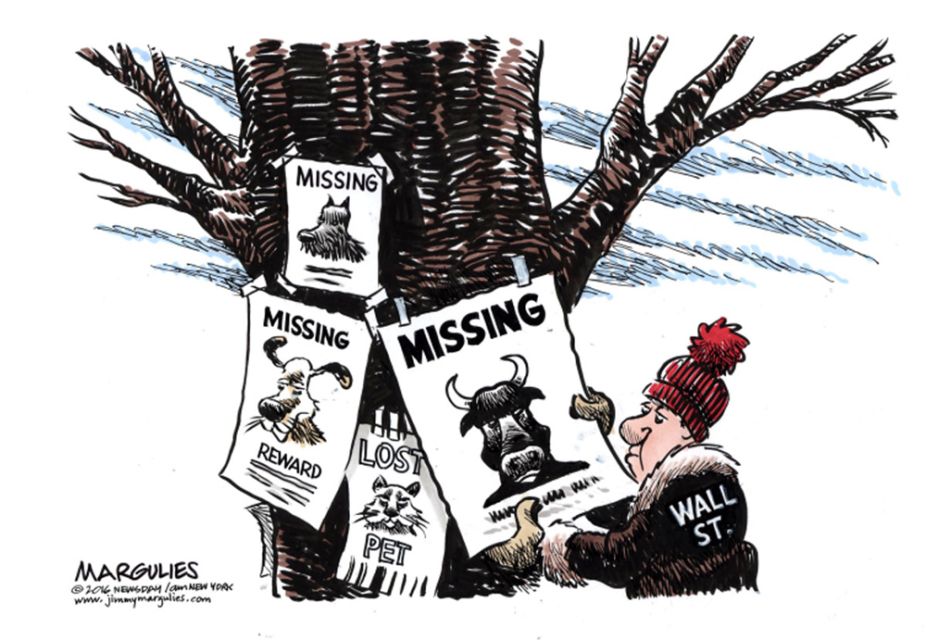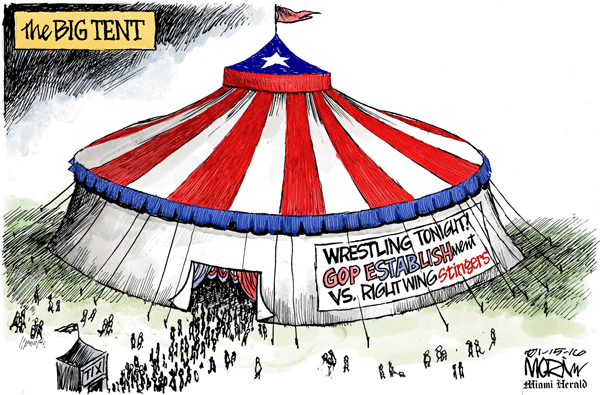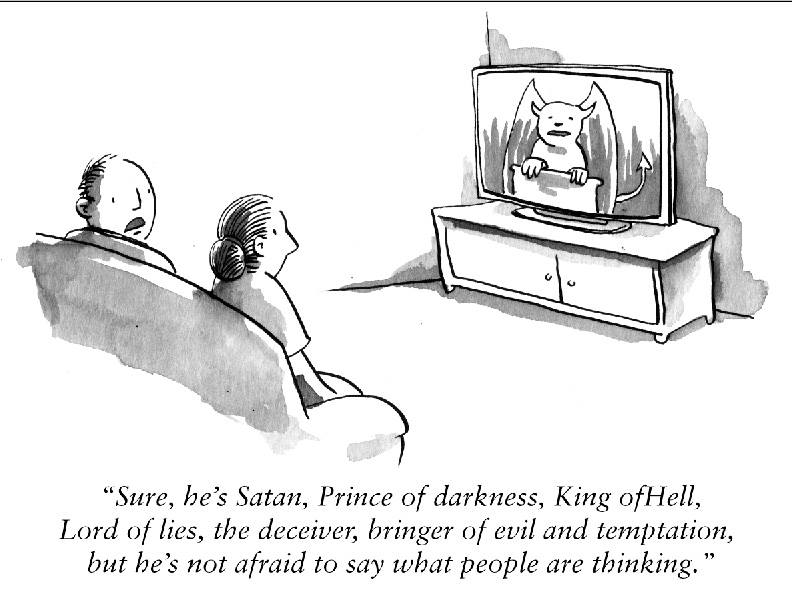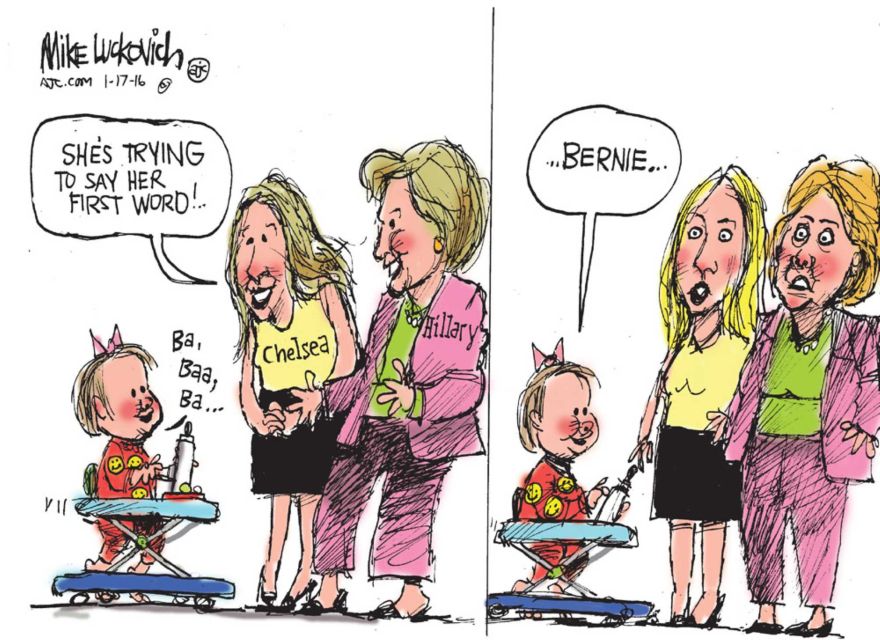“Everybody has a plan until they get punched in the mouth.” – Mike Tyson
The primary season clown show has moved on to New Hampshire. Republicans will see more mud wrestling between Cruz and Trump, while Rubio, Kasich and Christie try to elbow their way in to be one of the top two by next Wednesday.
Iowa showed that the Democrats will have a tough time choosing between the candidates, both of whom will struggle to refine the message(s) they need to take to South Carolina and beyond in order to win the nomination. Like that great philosopher Mike Tyson says, now the top two in each party need to present a plan that connects with voters nationally.
Think for a minute about the messages that Hillary and Bernie have been running with:
Bernie is saying we should have (and can get):
• A single-payer health care system
• Universal pre-K and free college tuition at our state universities
• Guaranteed sick leave and vacation for every employee
• A minimum wage of $15/hour
• The big banks broken up, and Glass-Steagall reconstituted
• Our campaign finance system is reformed
• The super-wealthy should pay for it all
Hillary is saying we can’t get all that:
• We must focus on what can be accomplished, not what Sanders is proposing
• Single-payer is a nice idea, but is too politically toxic to be viable
• She agrees with Sanders about sick and maternity leave
• College shouldn’t be free for all, some should pay, mostly because their parents can afford it
• Breaking up the big banks isn’t the best way to address financial market risk
• $15/hour is too high a minimum wage, $12/hour is realistic
• Since Republicans will control at least one house of Congress next year, they’ll never vote for what Sanders proposes
Hillary is in a difficult position. She’s telling people that they can’t have the things they want. Every parent understands this, but Clinton is also saying: “his policies can’t win”, all the while she is thinking: “I can get some of this through Congress.”
That may not be a winning message, particularly if Sanders is still running in a dead heat with Clinton in April. His charm is that he’s not willing to settle for campaigning on a platform that is calibrated to work in our gridlocked politics.
So, will Hillary change if she can’t shake Bernie? And what would her new message be?
She needs to start by finding a way to relate to an electorate that has limited interest in politicians like her who speak for the status quo.
Today’s voters say that the status quo is unacceptable. In fact, that’s the only thing everyone in America seems to agree about right now. And since 60% of the Democratic delegates actually get selected in March, Clinton needs a message better calibrated to meet today’s political realities, or she risks losing the nomination, or winning it only after a fight that weakens her party.
It is true that if elected, either Clinton or Sanders will be in virtually the same place regarding what they can actually achieve. The big difference today is in the vision they are laying out, and whether the voters will buy it. Will they buy a president who articulates unobtainable goals and blames the .01%, or do they want a president who articulates modest, but still unobtainable goals?
Would the electorate buy that her insider status would bring about some (or all) of her goals?
Candidate Clinton is running primarily on her resume. She presents us with a CV of job titles, not accomplishments, and if there is a campaign persona that she is embracing, it is the idea of being a lifelong fighter. But will that be enough? From the 2/2 NYT:
…she still faces an authenticity problem, even among Democrats. Some 47% of likely Democratic primary voters said that they felt Mrs. Clinton said what voters wanted to hear, rather than what she believed. 62% said they believed Mr. Sanders said what he thought…
Clinton’s liabilities as a campaigner could be lessened by treating the campaign more like a struggle between opposing parties instead of one between political celebrities. Overall, she performs well enough as a candidate. She debates well, she interviews well.
Her argument should be: if you want to see the incomes of the middle class grow, if you want to retain Constitutional freedoms that are under attack by a conservative Supreme Court, if you want to keep Social Security, Medicare, Medicaid and other social programs like Obamacare, if you want less foreign adventurism, then you have to vote Democratic regardless of what you think of Hillary Clinton.
It’s sort of a vision.


